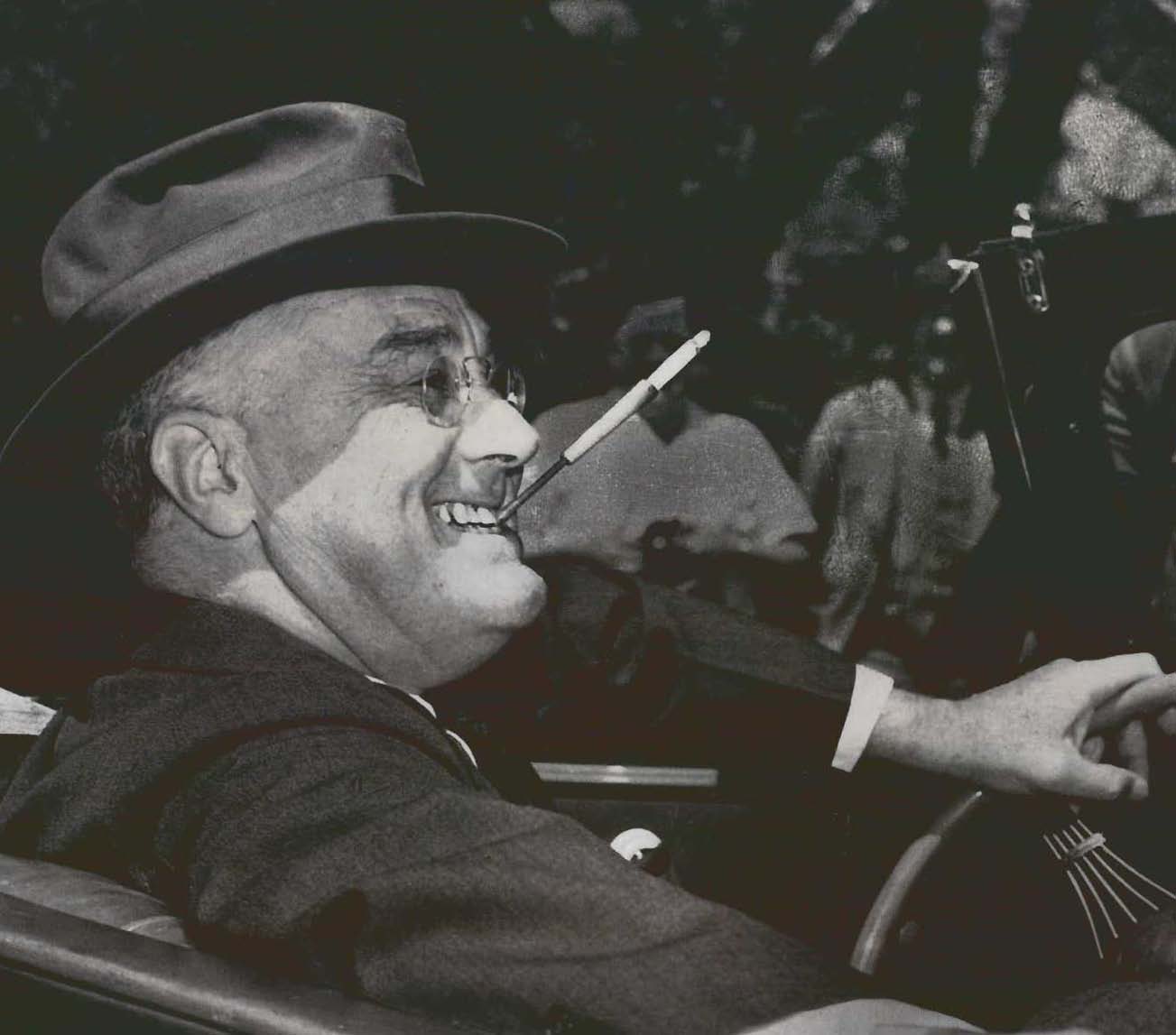Gary Dorrien: Taking Social Investment Seriously
Barack Obama has inherited the worst economic crisis since Franklin Roosevelt in 1933 and a worse set of foreign policy challenges than anything Americans knew about in 1933. The economic collapse is piling up wreckage all around us, the banks have faked themselves out from knowing what their assets are worth, trade and budget deficits are staggering, the cost of invading and occupying Iraq was put on a credit card, the planet is choking on its waste and environmental destruction, we face huge ignored problems in health care and energy, and the wreckage in foreign policy is similarly vast. Dealing with all of this, plus coping with racial attacks veiled as something else, will require the most competent and creative administration in memory, supported by supporters with backbone.
I do not doubt that Obama will lead this country with intelligence, dignity, discipline, integrity, and eloquence. I do worry that he will be too cautious. But cautiousness will not rise to the challenge or opportunity of this moment. This disaster was 30 years in the making. Government was denigrated and private wealth was prized over the public good. Wall Street fell in love with derivatives, speculators gamed the system, and regulators looked the other way. People made fortunes at every link of Ponzi schemes that ensured unaccountability. All the players got anxious if they weren’t making as much money as others around them. Credit default swaps, invented barely a dozen years ago, skyrocketed to a $62 trillion market, all of it completely unregulated. The banks got leveraged up to 40-to-1 and still made risky bets in search of extra yield. Now we have a systemic crisis that will not be solved by a mere policy.
We need to remember what happened last time. Franklin Roosevelt inherited bank runs, 25 percent unemployment, a manufacturing output decline of 35 percent from 1929, and a devastating deflation of currency values. The New Deal stopped the bleeding, whittling unemployment to 14 percent by 1937. But Roosevelt never really believed in Keynesian social investment. The New Deal was a bundle of cautious half-measures. Roosevelt reduced unemployment spending in 1937, which helped to send unemployment soaring to 19 percent the following year. By 1940, after seven years of New Deal economics, unemployment stood at 14.5 percent and the New Deal was not a candidate for iconic status. It became a great success only by gearing up for World War II.
That is hardly a model to emulate. We need huge investments in green technology, infrastructure rebuilding, high-speed trains, education, and health care to meet our human and ecological needs and to utilize the productive capacity of the economy. We need a Securities and Exchange Commission that actually regulates the financial sector, which would be a revolution. Cautious pruning of George W. Bush’s policies will not turn the tide. The question for the Obama administration is whether it really believes in a social and environmental investment strategy, or only half-believes. If taxpayers are going to bail out Citigroup or General Motors, the public should have a proportional say in how these companies operate. That basic justice principle is way overdue to be taken seriously in American politics and perfectly timely.
–Gary Dorrien is the Reinhold Niebuhr Professor of Social Ethics at Union Theological Seminary and professor of religion at Columbia University.







